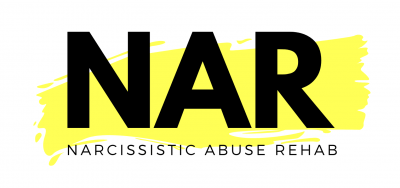Parent child alienation syndrome is a controversial theory by Dr. Richard A. Gardener that pathologizes children who withdraw from a parent.
Parental Alienation
Parental alienation, a term coined in 1980, has been widely used to describe parent-child estrangement, although it has been discredited by reputable organizations such as the American Psychological Association and the American Bar Association. Originally conceptualized to undermine children’s claims of child sexual abuse by pathologizing them and shifting blame onto the other parent, the term no longer holds validity in the field. However, it continues to resonate with some parents who may not be aware of its debunked origins and are facing challenges in their relationships with their children. It is important to note that the appropriate and accurate term for this phenomenon is parent-child estrangement. By recognizing and using this more precise terminology, we can foster a better understanding of the complexities involved and promote healthier family dynamics.
Knowing how to answer your child’s questions about a narcissistic parent is essential to their healthy development and wellbeing. The reason for this is that narcissistic abuse commonly falls under the umbrella of domestic abuse in families. Raising children in an environment where domestic abuse is normalized can seriously impact their physical and emotional functioning. Research shows that exposure to domestic…
I guarantee there is an entire generation that will instantly relate the word isolation to the 2020 COVID-19 crisis. I do not. I will not. Every time I hear that word, my past haunts me. Images flash in my mind. But they are not of the present social distancing, wearing a mask, quarantine, and antibody testing. The images brought to my mind…



